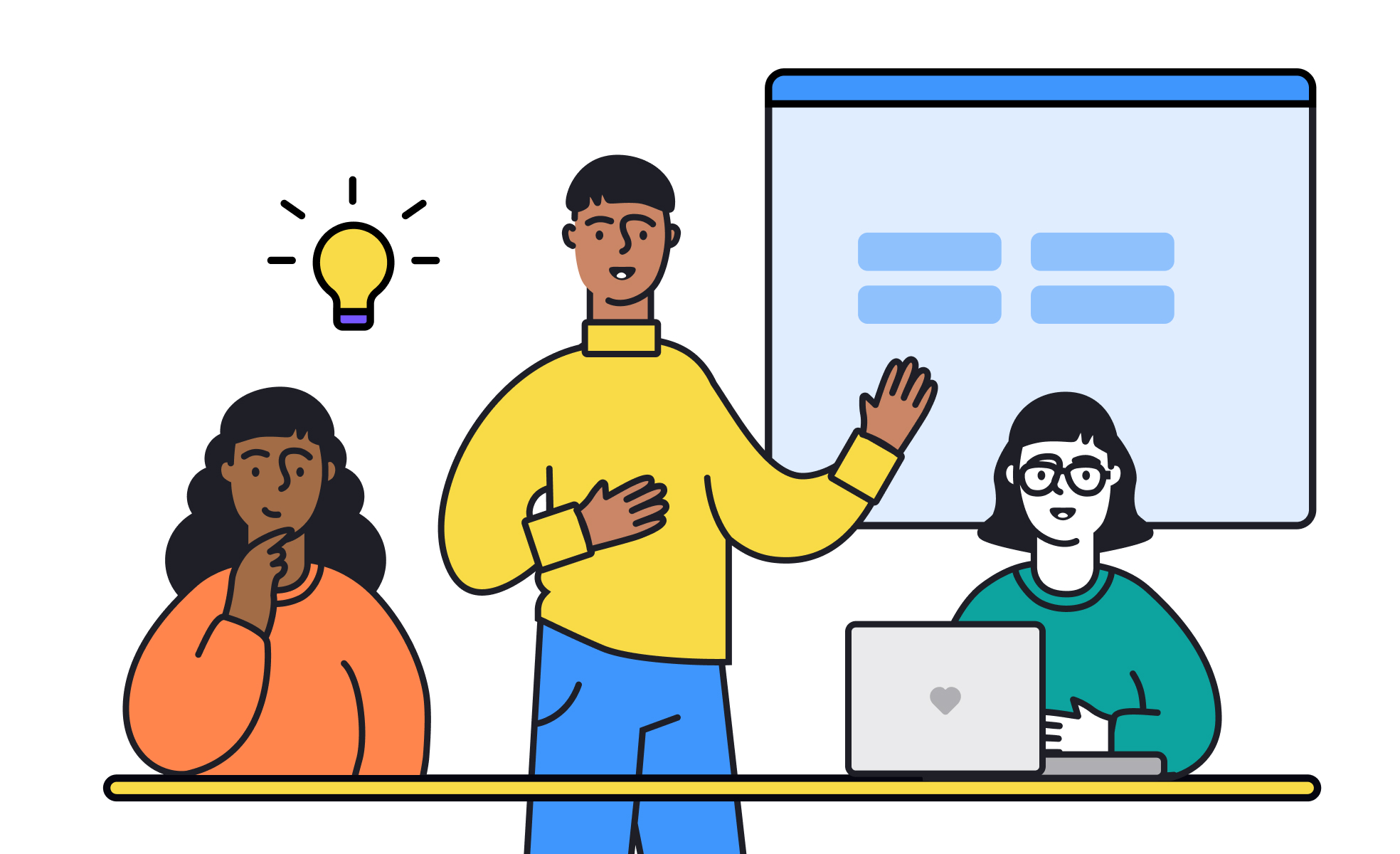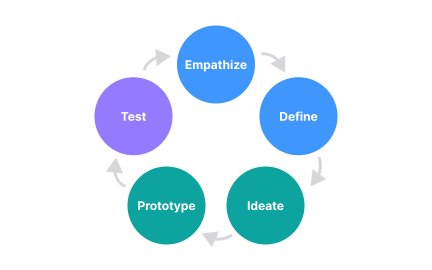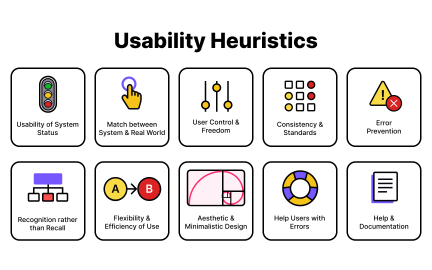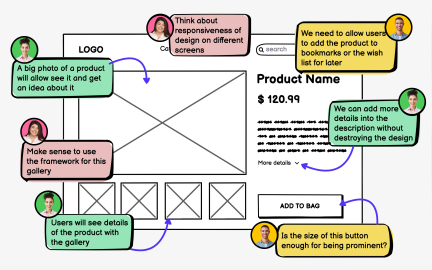Workshop Facilitation
Workshop facilitation involves planning and guiding team sessions to generate ideas, solve problems, or align on product decisions and direction.

What is Workshop Facilitation?
Your team meetings and collaborative sessions produce unclear outcomes and frustrated participants because discussions lack structured facilitation that guides groups toward productive decisions and actionable results.
Most professionals run meetings as informal discussions without systematic facilitation techniques, missing opportunities to harness group intelligence effectively and achieve meaningful progress on complex challenges that require collaborative thinking and decision-making.
Workshop facilitation is the practice of guiding group processes through structured activities, discussion management, and outcome-focused techniques that enable teams to collaborate effectively, make decisions efficiently, and achieve specific objectives within defined timeframes.
Teams with skilled workshop facilitation achieve 70% more productive meeting outcomes, 50% faster group decision-making, and significantly better participant engagement because collaborative time is structured for success rather than left to chance.
Think about how design thinking workshops use structured activities to generate innovative solutions, or how strategic planning sessions use facilitation techniques to align diverse stakeholders around shared objectives and clear action plans.
Why Workshop Facilitation Matters for Collaborative Success
Your team collaboration produces frustrating meetings and unclear outcomes because group discussions lack systematic guidance that channels diverse perspectives toward productive conclusions and actionable next steps.
The cost of poor workshop facilitation compounds through every collaborative session that could generate better results with structured approaches. You get meeting fatigue, unclear decisions, missed opportunities to leverage group intelligence, and competitive disadvantage when teams can't collaborate effectively on complex challenges.
What effective workshop facilitation delivers:
More productive collaborative outcomes because facilitation structures group activities and discussions to generate specific results rather than hoping productive conversations happen naturally without systematic guidance.
When workshops are facilitated effectively, collaborative time feels valuable and energizing rather than frustrating meetings that don't achieve clear progress or actionable outcomes.
Better group decision-making and alignment through facilitation techniques that help diverse perspectives converge on shared understanding and commitment rather than leaving important decisions unresolved or poorly supported.
Enhanced participant engagement and contribution because skilled facilitation creates inclusive environments where all team members can contribute effectively rather than discussions dominated by vocal individuals.
Faster problem-solving and innovation as structured workshop activities generate creative solutions and strategic insights more efficiently than unstructured brainstorming and discussion approaches.
Improved team relationships and collaboration culture through positive workshop experiences that build trust and communication skills that benefit ongoing teamwork and organizational effectiveness.
Advanced Workshop Facilitation Strategies
Once you've established basic workshop facilitation skills, implement sophisticated group collaboration and outcome optimization approaches.
Virtual Workshop Facilitation and Technology Integration: Adapt facilitation techniques for remote collaboration using digital tools that maintain engagement and productivity despite distributed participation.
Cross-Cultural and Diverse Team Facilitation: Develop facilitation approaches that work effectively with diverse cultural backgrounds and communication styles rather than assuming universal workshop techniques.
Complex Problem-Solving and Systems Thinking Workshops: Facilitate workshops that address complex organizational challenges through sophisticated thinking frameworks and collaborative analysis approaches.
Change Management and Transformation Workshop Facilitation: Guide workshops that help organizations navigate change and transformation through collaborative planning and alignment processes.
Workshop facilitation is the process of leading a group through learning or exploratory processes to ensure that objectives are met effectively. A facilitator plans, guides, and manages a workshop to ensure that the group's objectives are met effectively, with clear thinking, good participation, and full buy-in from everyone involved. The facilitator remains "neutral" meaning he/she does not take a particular position in the discussion.
In the context of design, workshop facilitation often involves guiding a diverse group of stakeholders through various design processes, such as brainstorming, ideation, prototyping, and user testing. These workshops can be essential for collaborative design, user-centered design, and design thinking methodologies.
The role of a facilitator in a design workshop is to guide participants through the process, ensure all voices are heard, manage time effectively, and keep the group focused on the objective. They may lead activities, foster discussion, and help the group to solve problems and make decisions. They do not contribute their own ideas but rather create an environment where others can do so.
Workshop facilitation can enhance collaboration, foster innovation, and ensure that diverse perspectives are incorporated into the design process. Facilitated workshops can help teams to align on design goals, generate creative ideas, make informed decisions, and build empathy for users. They can also be an effective way to involve stakeholders from outside the design team, such as clients, users, or members of other business functions.
Common methods used in design workshop facilitation include brainstorming, sketching, prototyping, user journey mapping, and role-playing. These methods are typically used in a structured way, with clear objectives and guidelines, and they may be adapted based on the group's needs and the workshop's goals. For example, a workshop might start with a brainstorming session to generate ideas, then move into sketching to visualize these ideas, and finally prototype and test to evaluate their feasibility.
Learn more about conducting workshops in our Design Workshop Facilitation course.
Recommended resources
Courses

Workshop Facilitation

Cross-Functional Design & Product Teams

UX Research
Lessons

Wireframes Benefits by Roles

Essential Tools in Design Workshops

Design Workshop Basics
Exercises
Projects

MindfullNest Workshop

Innovating on Coffee Consumer Behaviour
















